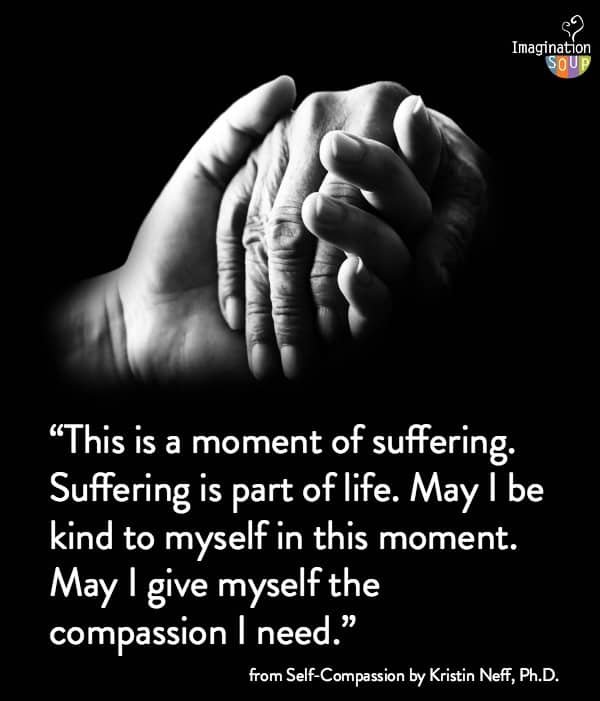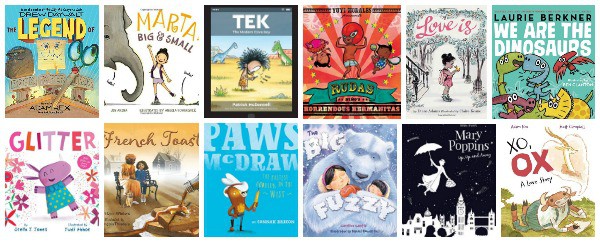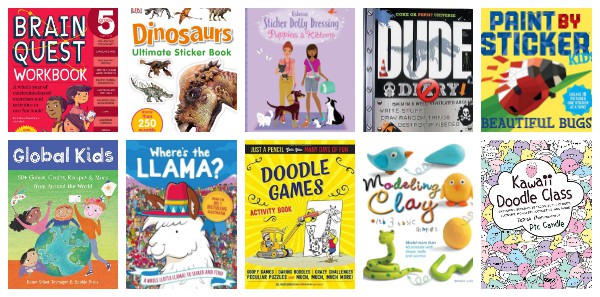Everything You Ought to Know About Self-Esteem (And Why You Shouldn’t Try To Improve It)
This post may contain affiliate links.
 If you only read one book this year, read Self-Compassion by Kristin Neff, Ph.D. Not only did it nourish my own self-growth on so many levels, it helped me as a parent, particularly when thinking about self-esteem with my children.
If you only read one book this year, read Self-Compassion by Kristin Neff, Ph.D. Not only did it nourish my own self-growth on so many levels, it helped me as a parent, particularly when thinking about self-esteem with my children.
 After reading this book, I’m no longer pondering how to improve my kids’ self-esteem.
After reading this book, I’m no longer pondering how to improve my kids’ self-esteem.
In fact, I don’t even care.
Here’s why.
Self-esteem is more about “separation and comparison, on being better than others, and therefore special.” (275) It is an “evaluation of our worthiness, a judgment that we are good, valuable people.” (138)
“Self-appreciation, in contrast, is based on connectedness, on seeing our similarities with others, recognizing that everyone has their strong points.” (275)
Doesn’t that resonate with you? It did for me.
Self-Esteem vs. Self-Appreciation

Self-Appreciation For Kids
- Appreciate Yourself
Be intentional about your own self-appreciation. Care for yourself in a kind way, and let your kids see! Model self-appreciation when you make mistakes. For example, “I screwed up. This is an opportunity to be kind to myself. Everyone makes mistakes, that’s part of being human.“ - Encourage Self-Appreciation in Your Kids
Talk to your kids about who they are and tell them what you appreciate about them. Encourage them to be kind to themselves. You can ask them to say, “I will be kind to myself in this moment,” and then to practice that kindness. Remind your kids that everyone suffers, that it’s part of being human. This helps remind them that they are not alone, and that we are all connected by the thread of humanity. - Learn to Be Mindful (and Teach Your Kids)
Mindfulness is so important to self-compassion. We must be available to the moment we are in, without judgment but acceptance. Mindfulness helps us be calm and observe our emotions as them come, peacefully. It is absolutely essential to self-compassion. - Get Rid of Perfectionism
I tell my kids that only God is perfect; that being imperfect is what makes us human. I believe that only when we embrace our imperfection can we grown and learn. Perfectionism leads to shame and judgment. - Watch the Judgment.
We judge everything in our culture — good, bad, pretty, ugly. I remember a mind-blowing couples therapy session in which my therapist said to my husband that he (my husband) would forever appreciate him (my therapist) telling me this. My therapist said, “There is not a right way and a wrong way to parent.” Honestly, it was new information to me. I’d always believed that there was a right way — my mom’s way. And that I sucked at it, therefore was a total loser. (Oh, the judgment!) The therapy session started me on an amazing journey of healing and awakening as I realized some big truths and gained new insight about everything I was judging. (It also helped my marriage!)







